AHC Compiles Resources to Help Equine Industry During Pandemic
March 22, 2020 Comments Off on AHC Compiles Resources to Help Equine Industry During Pandemic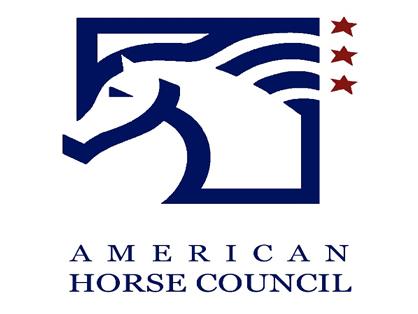
Because a large percentage of equine businesses file tax returns as S-Corporations or “pass through” entities, the small business loans could be especially helpful for many members of the horse industry moving forward. With respect to the half-trillion dollars in direct payments to individual taxpayers, the Administration states that it would seek to disburse the payments in two portions including a $250 billion installment that could be available as soon as early April. Stay tuned for details related to stimulus, and possible benefits for large segments of the horse industry, as lawmakers turn their attention to legislation intended to blunt the impact of COVID-19.
Continue reading …At Home Trail Schooling Survival Guide
March 20, 2020 Comments Off on At Home Trail Schooling Survival Guide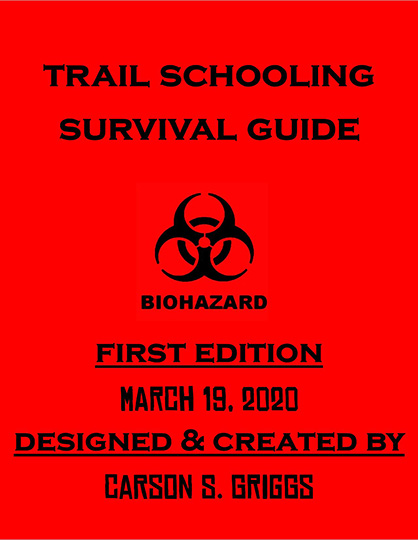
Special thanks to Carson Griggs for sharing this great resource- a Trail Schooling Survival Guide with obstacles you can set up to practice at home during the coronavirus quarantine!
Continue reading …The Equine Chronicle Lesson Plan For Kids! #1
March 20, 2020 Comments Off on The Equine Chronicle Lesson Plan For Kids! #1
We have created a lineup of lesson plans especially designed for the equine enthusiast in your life. Check back each week to see what we have planned while your kids are out of school for the time being.
Continue reading …Inside Scoop From “Mickey’s Dietician” on How Equestrians Can Improve Their Nutrition
March 18, 2020 Comments Off on Inside Scoop From “Mickey’s Dietician” on How Equestrians Can Improve Their Nutrition
Talk about the most interesting job you never knew existed! AQHA amateur competitor, Erin Shapiro Boatwright, is a Registered Dietician for Disneyland Resort in California. (She’s basically the head nutritionist for Mickey Mouse, in our opinion….)
Continue reading …Guidelines For Using Zimeta in Competitive Horses Announced by USEF and AQHA
March 13, 2020 Comments Off on Guidelines For Using Zimeta in Competitive Horses Announced by USEF and AQHA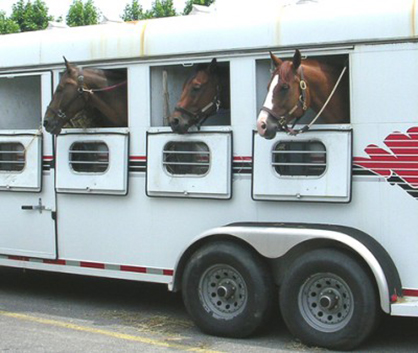
Recently, both the United States Equestrian Federation (USEF) and American Quarter Horse Association (AQHA) updated their policies to provide competing members with guidelines for the use of Zimeta.
Continue reading …No Evidence That Pets Play a Role in Human Coronavirus Spread
March 11, 2020 Comments Off on No Evidence That Pets Play a Role in Human Coronavirus Spread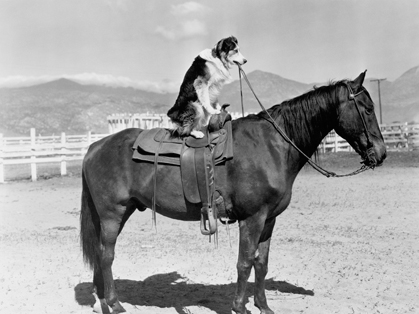
Samples taken from the dog’s mouth and nose all returned a ‘weak positive’ result for the virus. The Hong Kong authorities believe this finding may indicate the dog has a low level of infection, indicating a potential case of human-to-animal transmission of the virus. The dog has not shown any clinical signs of disease and is currently being held in quarantine.
Continue reading …UC Davis Announces Two Summer Programs- Vet Business and Entrepreneurship
March 10, 2020 Comments Off on UC Davis Announces Two Summer Programs- Vet Business and Entrepreneurship
Whether they go into practice or stay in academia, most veterinarians come to their careers because they love animals—but they may not have the skill set to build a practice or commercialize their innovations.
Continue reading …New AQHA Guidelines and Rules For Drugs and Medications
March 4, 2020 Comments Off on New AQHA Guidelines and Rules For Drugs and Medications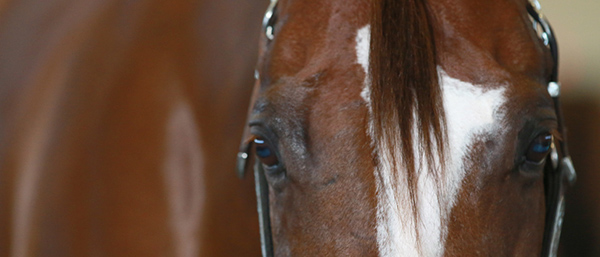
This new resource includes advice about understanding the AQHA Equine Drugs and Medications Rules and applying it in practical situations. The purpose is to help accommodate legitimate therapy in compliance with the requirements of the rules. It is important to note, these are only guidelines to serve as an educational supplement. It is important to consult a licensed veterinarian in determining whether a particular substance is required for the welfare of a horse and when determining the dosage appropriate for such horse under AQHA’s rules.
Continue reading …New Requirements For Equine Infectious Anemia Testing
February 28, 2020 Comments Off on New Requirements For Equine Infectious Anemia Testing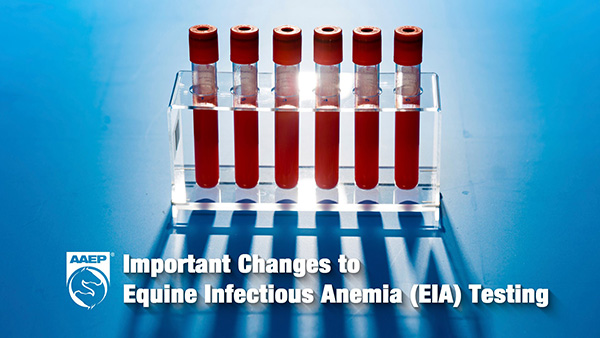
By April 15, 2020, veterinarians must use the current federal approved forms or approved systems (i.e. VS Form 10-11 dated Feb 2018 or VSPS e10-11 form) Contact your local animal health official to obtain current forms.
Continue reading …Increase in Reports of Nocardioform Placentitis in Pregnant Mares
February 20, 2020 Comments Off on Increase in Reports of Nocardioform Placentitis in Pregnant Mares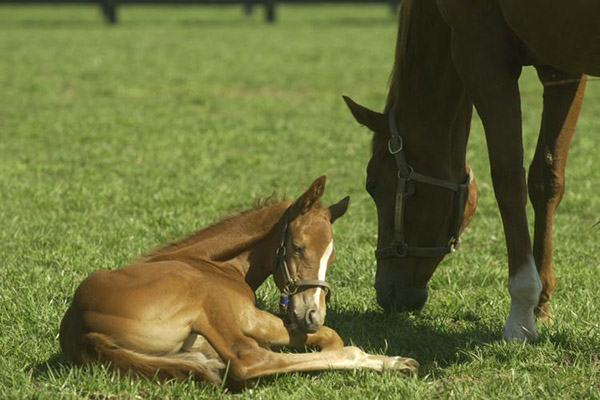
According to research done at UK, the disease will sometimes result in the loss of the foal, but other times may only show up as a change or series of changes in the placenta with no noticeable effect on the foal. Because the bacterial infection is limited to the placenta, the foal itself is not infected. The foal can be underweight at birth or born healthy with the only sign anything was amiss being the telltale lesions found on the placenta.
Continue reading …







